Pisa: Wales still worst in UK in world education tests
- Published
Here is a quick guide to Pisa - and how Wales did - in 60 seconds
Scores of Welsh students in science, reading and maths were below the average of 72 countries and economies taking part in a major study of educational performance.
Welsh students also did worse than their counterparts in England, Scotland and Northern Ireland.
The Pisa tests are taken by 15-year-olds every three years.
This is the fourth time Wales has done worse than the other UK nations.
In maths, Wales scored 478, below England and Northern Ireland which both scored 493 and Scotland which scored 491
In reading, Wales once again came last in the UK with 477, England scored 500, Northern Ireland 497 and Scotland 493.
In science, Wales scored 485, England scored 512, Northern Ireland 500 and Scotland 497.
First Minister Carwyn Jones admitted in a heated session of the assembly on Tuesday that the results make for "uncomfortable reading".
Education Secretary Kirsty Williams said Wales could do better.
"We can all agree we are not yet where we want to be," she said.
"While we have seen a 10 point lift in our maths score, the results for science are disappointing.
"Last month I invited the OECD to look at how we are doing in Wales; their advice to me was unambiguous: Stay the course, be brave, you are doing the right things."
Ms Williams added that plans were in place, including a new curriculum.
"The easy thing to do would be rip up the plan and start again. But we owe it to our pupils, parents and the profession to do what is right."
Each time the Pisa study is carried out, the OECD places a particular emphasis on one subject. This time it was science.
Singapore pupils topped the rankings in the science test with an average score of 556, closely followed by Japan with 538 and Estonia, a newcomer to the top ranking countries with 534.
Although 12% of England's students were classed as top performers in science, only 5% of Wales' students were placed in the same bracket.
Of the 3,451 Welsh pupils who took part, 22% were classed as low performing, which is roughly the OECD average but higher than in England, where 17% were in that category.
The report also notes that only 6% of the variation in how Welsh students are performing can be put down to their socio-economic background - in the rest of the UK, 11% of the variation can be explained by it.
Officials also say there is no difference in results between pupils in Welsh medium schools and those in English language schools - 24 of the 140 schools taking part in Wales were Welsh medium.
Wales' science performance is roughly the same as that of Spain's Balearic Islands (Mallorca, Menorca and Ibiza), while its performance in reading is similar to that of pupils in Dubai or Buenos Aires in Argentina.
In maths, Welsh pupils' score is closest to that of their Lithuanian contemporaries.

What are Pisa tests?
Pisa's full title is Programme for International Student Assessment
Tests are always in maths, reading and science
They are run every three years by the Organisation for Economic Co-operation and Development (OECD)
They are taken by 540,000 15 year old pupils in 72 countries and local administrations
Singapore outperforms all other participating countries in science. Japan, Estonia, Finland and Canada are the four highest-performing OECD countries
Wales took part for the first time in 2006
Tests take about two hours and all are now completed on computer


These results have been eagerly awaited by politicians, pundits and parents keen to see if Wales' results had finally turned a corner.
The scores will come as a huge disappointment to all those involved in education in Wales and there will be searching questions asked about the way forward now.
Plans are in place for a new curriculum which should be taught by 2021 and plenty will argue that major reforms made by Leighton Andrews in 2011 when he was education minister still need time to have an impact on teaching and learning.
The literacy and numeracy frameworks, national tests and school banding were all part of a raft of reforms brought in following the 2010 Pisa results.
His successor Huw Lewis said everyone involved in education "needed to take a long hard look in the mirror" after the results of 2013. He pledged Wales would be in the top 20 best performing countries by the 2015 round of testing - a pledge which was later quietly dropped.
Today will be uncomfortable and difficult for Education Secretary Kirsty Williams. The Liberal Democrat was among the first to criticise the Labour Government's handling of education in Wales when the last round of results were published three years ago.
Now in the cabinet and in charge she will have to chart the way forward and face the critics in the assembly and further afield.
Teaching unions have in the past urged the Welsh Government not to turn to yet more initiatives, complaining that hard-pressed teachers were straining under the weight of ministerial directives designed to try to drive up standards.
- Published6 December 2016
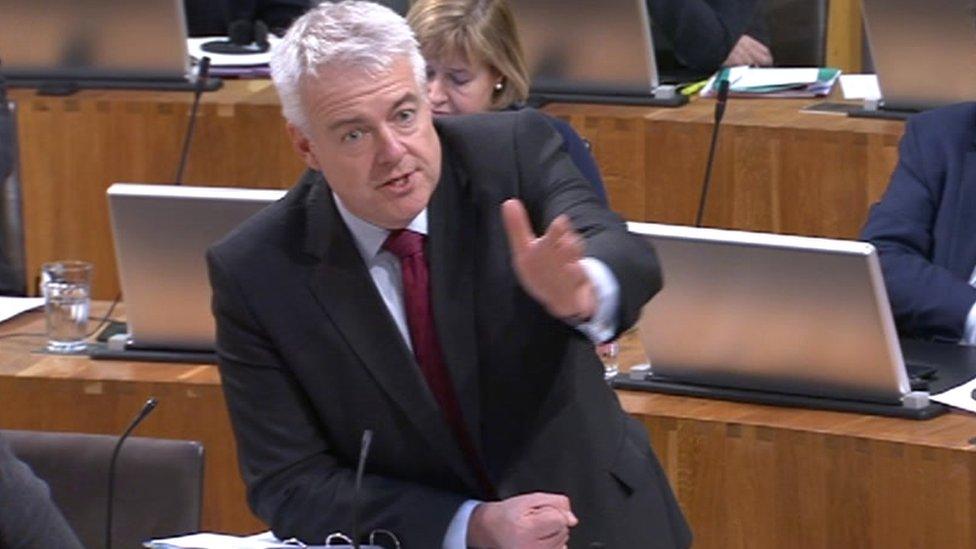
- Published6 December 2016
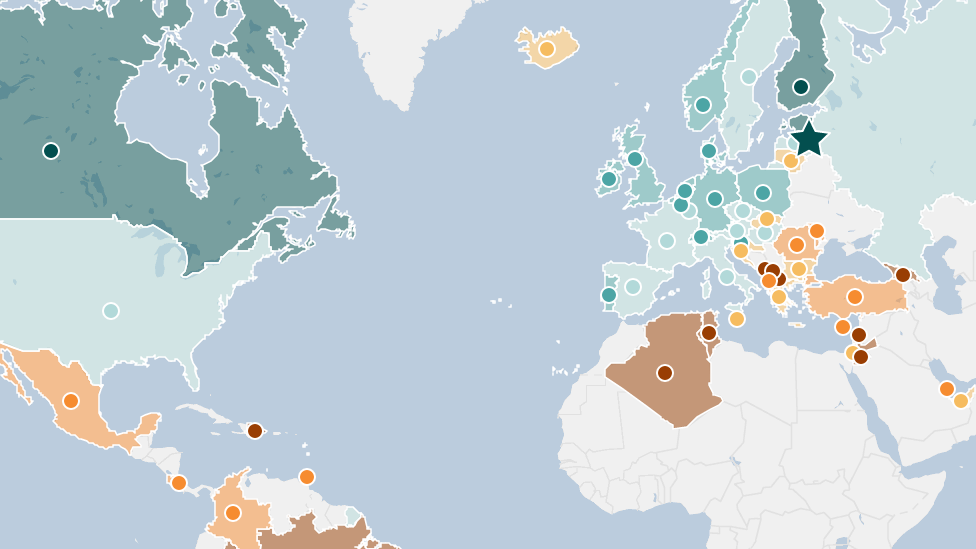
- Published6 December 2016
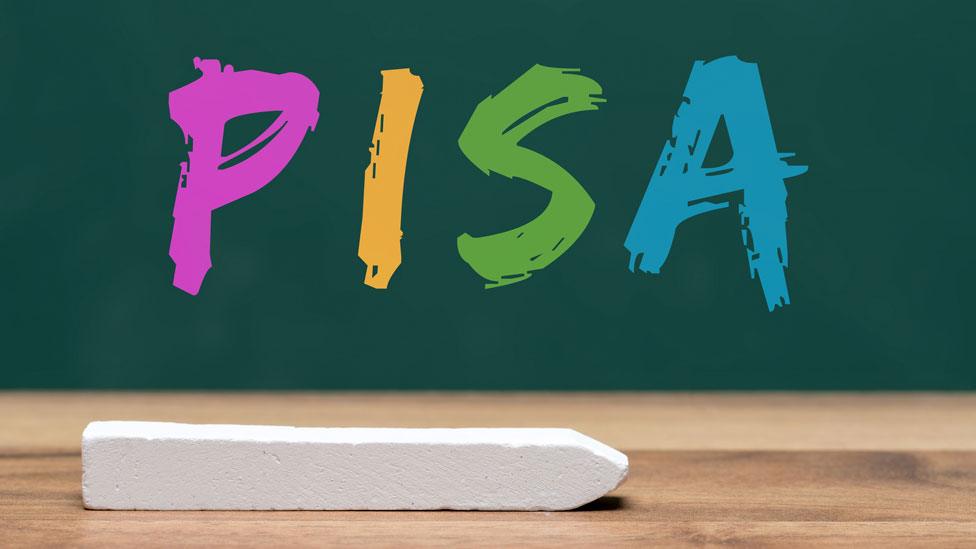
- Published6 December 2016
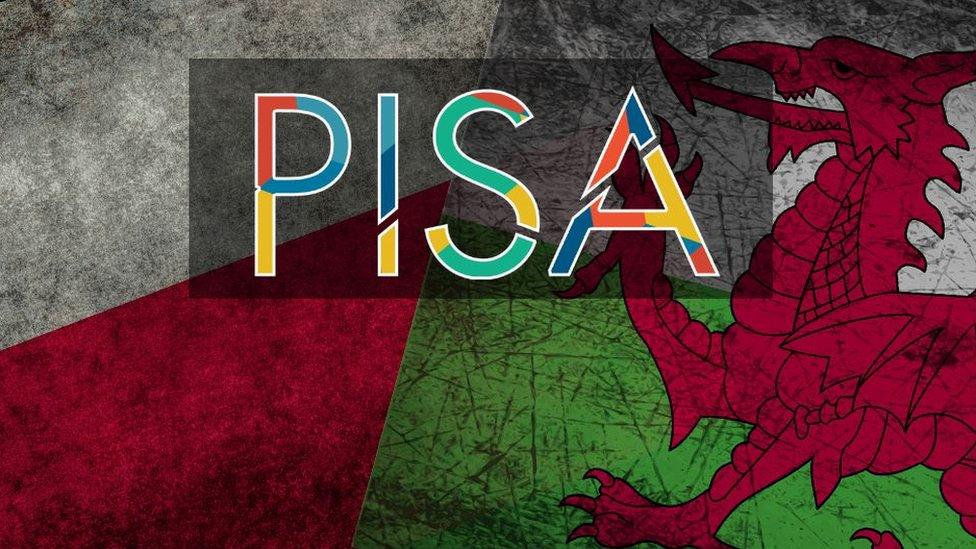
- Published5 December 2016
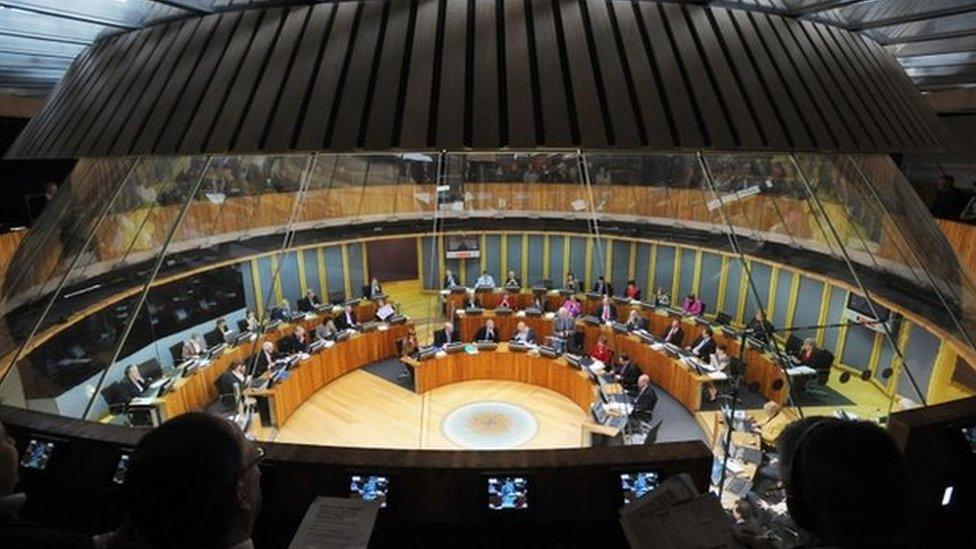
- Published5 December 2016

- Published28 November 2016

- Published3 December 2013
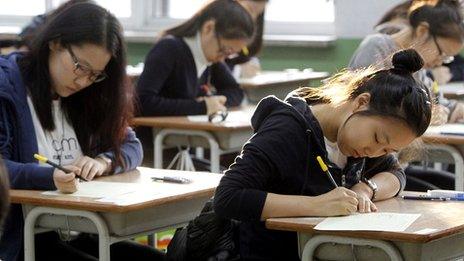
- Published5 December 2016